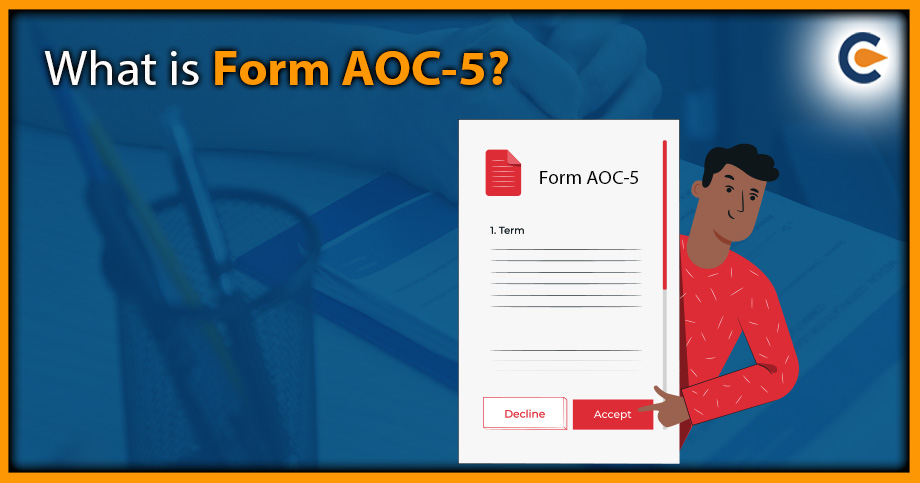Private Placement (PP) refers to an act of a company to raise funds without issuing securities publicly. Companies offer securities or invite certain specific people to subscribe to the securities by providing a Private Placement Letter. A company can issue securities like shares, preference, and equity shares by employing Private Placement to raise capital. Private Placement s can only be made to persons who the board of directors of a company has already identified. A company must not publicly advertise its offer of securities or use any other mode of media, marketing, distribution channels, or agents to intimate its offer to the public, as it would cease to be a Private Placement and shall become a public offer. Private Placement s are governed by Section 42 of the Companies Act, 2013 and Rule 14 of the Companies (Prospectus and Allotment of Securities) Rules, 2014.
Offer Letter for Private Placement
A company looking to offer its securities through Private Placement is required to do it by means of an offer letter sent to a specific group of persons. This is provided for in the Companies (Prospectus and Allotment of Securities) Rules, 2014. The Rules mandate that any company inviting subscribers to its securities must do it using the offer letter under Form PAS-4. To make an offer, the name of such person to whom the offer is to be made must be decided and recorded before sending such an offer letter. The company offering Private Placement is required to maintain a record of all the offers made under Form PAS-5.
The company is required to send the offer letter within 30 days of recording the name of such persons. The offer letter is to be made along with an application form numbered serially and addressed to such persons either electronically or in writing.
The company is also required to send details of such offers made and the Private Placement offer letter to the Registrar of Companies or ROCs within 30 days of sending out the Private Placement offer letter along with the prescribed fee as is provided under Companies (Registration Offices and Fees) Rules, 2014. When the company offering securities privately is a listed company, it must file the record of private offers made along with the Private Placement offer letters with the Securities and Exchange Board of India within 30 days of sending out the PP offer letter.
Approval of Shareholders for Private Placement
For a company to make an offer of its securities through this, approval is required from the company’s shareholders making such an offer. Every invitation sent out by the company to subscribe to its securities can only be made after a special resolution is passed in this regard.
Private Placement Threshold Limit
In a fiscal year, the number of people to whom a company can make a Private Placement offer must be at most 50 or any other higher number as prescribed by the rules, that is, 200. This cap of 50 persons shall not include the employees of the company to whom the securities are offered under the Employee Stock Option scheme as is provided under Section 62 of the Companies Act, 2013 and qualified institutional buyers. This limit shall not apply to Non-Banking Financial Corporations instituted under the Reserve Bank of India Act, 1934 or the housing finance institutions registered as per the National Housing Bank Act, 1987, with the national housing bank.
This limit of 200 persons applies individually to each type of security, like equity shares, debentures and preference shares, and is not considered jointly, including all the securities.
Private Placement Subscription
People to whom the Private Placement offer letter has been sent shall subscribe to the securities by applying by means of the Private Placement application and paying the requisite amount through any payment channel of an authorized bank, cheque, or demand draft. The payment must not be made by means of cash. The fee shall be made through the subscriber’s bank account, and the company must maintain a record of all the payments made by the subscriber.
Allotment of Private Placement
Once the company making the Private Placement offer receives the money from the subscription of securities, it must allot securities to the subscribers within 60 days of receiving such subscription money.
If, for any reason, the company cannot allot the securities within 60 days, it must return the money to the subscribers within 15 days from when the above period of 60 days ends. Suppose the company makes further delay in paying the money and returns the application money after the 15 days as mentioned above. In that case, the company shall be liable to return the money with an interest rate of 12 % per annum every day from the expiry of the 60th day.
The money received from the applications must not be utilized for any other purpose than repaying the application money when the company cannot allot securities or adjust against the allotment of securities and must be kept in a different bank account opened for this purpose.
Filing Return of Allotments with the Registrar of Companies
After the allotment of securities has been completed, the company is required to file the return of allotment of securities with the Registrar of Companies within 15 days of receipt of such allotment under Form PAS-3 along with the prescribed fee as is provided under Companies (Registration Offices and Fees) Rules, 2014. Except for when the filing is being made by a small company or a one-person company, Form PAS-3 must be notarized by a company secretary or a chartered accountant with a valid certificate of practice. While filing Form PAS-3, the company is also required to furnish the below-mentioned along with the form:
- A detailed list of all the security holders along with information about their name, address, contact details, Email ID, PAN.
- The date on when the security was allotted, along with details of the class of security held.
- The number of securities held, the amount paid for such securities, along with the nominal value.
- If the consideration for the securities was anything else other than money, then information about such consideration.
Necessary Documents for Issue of Securities through Private Placement
The necessary documents required for the issuance of securities through Private Placement are:
- Private Placement offer letter with the application form
- Valuation report
- Copy of the board resolution approving the Private Placement (PP) offer letter
- The notice informing about the general meeting with the statement as to the special resolution
- Private Placement (PP) offer record as maintained under Form PAS-5
- Subscription money, along with the application form from all the proposed investors
- A detailed list of all the security holders along with information about their name, address, contact details, Email ID, and PAN with the date on when the security was allotted along with more information of the class of security held and number of securities held, and the amount paid for such securities along with the nominal value
Procedure for Making a Private Placement Offer
- The company needs to call a board of directors meeting by issuing a notice of the board meeting seven days before such a board meeting is to be held.
- In the board meeting, the persons to whom such an offer letter is to be sent out shall be decided. The offer letter for PP and the application shall be prepared, and a board resolution shall be passed to approve the offer.
- A notice intimating the holding of a general meeting shall be sent out to the shareholders 21 days before the general meeting.
- In the extra general meeting, the offer letter under form PAS-4 shall be presented to the shareholders, and a special resolution shall be passed to approve the PP.
- The offer letter must be sent out within a period of 30 days from the day on which the general meeting was held.
- Form MGT-14 must be filed with the Registrar of Companies within a period of 30 days from the day on which such special resolution was passed.
- The company must open a different bank account to receive payment from such subscriptions.
- The company must file Form PAS-4 and Form PAS-5 with the Registrar of Companies within 30 days of the offer letter being sent out by the company.
- Once the allotment money has been received, the company must hold a board meeting to present the allottees list before the board of directors. After the allotment money has been received, a board resolution for the allotment of shares must be passed within 60 days of receipt of the allotment money. A board resolution to issue share certificates to the shareholders must also be passed.
- Once shares have been allotted, the company must file a return of the allotment of shares with the Registrar of Companies as is provided under Form PAS-3 within 30 days of the allotment. A list of all the allottees to whom the securities have been issued must also be attached to the form.
- As is provided under Section 56 of the Companies Act 2013, the company must issue the share certificate within 30 days of the issue of such shares.
Non-Compliance with the Private Placement Mandate
Companies not following the mandate and procedure concerning Private Placement s as stated under Section 42 of the Companies Act, 2013[1] and Rule 14 of the Companies (Prospectus and Allotment of Securities) Rules, 2014, shall be liable to incur hefty penalties. If the company is found to have collected money while not complying with the mandates or acted against the provisions of the Companies Act, a fine of up to Rupees 2 Crore or the value of each offer, whichever shall be higher. Moreover, the company shall also be required to return the money paid by the subscribers within 30 days of the date of imposition of the penalty.
Conclusion
Private Placement is a method companies use to raise funds without issuing securities publicly. Companies invite certain people to subscribe to the securities or offer securities by providing a PP letter. A company cannot publicly advertise its offer of securities or use any other mode of media, marketing, or distribution channels to intimate its offer to the public as it would amount to a public offer. PPs are governed by Section 42 of the Companies Act, 2013 and Rule 14 of the Companies (Prospectus and Allotment of Securities) Rules, 2014. If a company is found to have complied with the mandates or acted against the provisions of the Companies Act, it can incur a penalty which can extend up to Rs. 2 Crore.
Read Our Article: Issue Of Shares Through Private Placement











